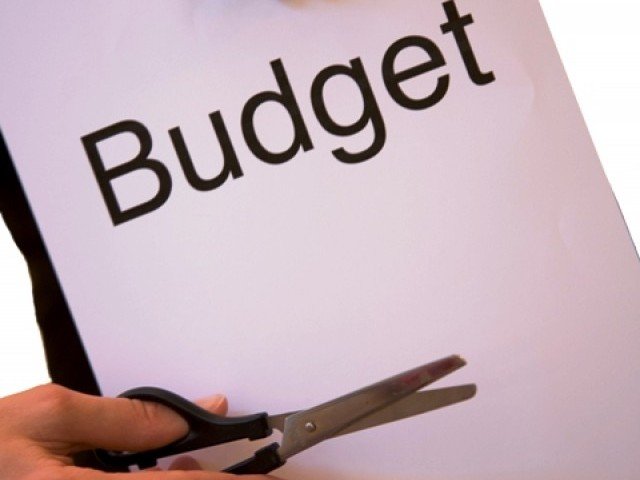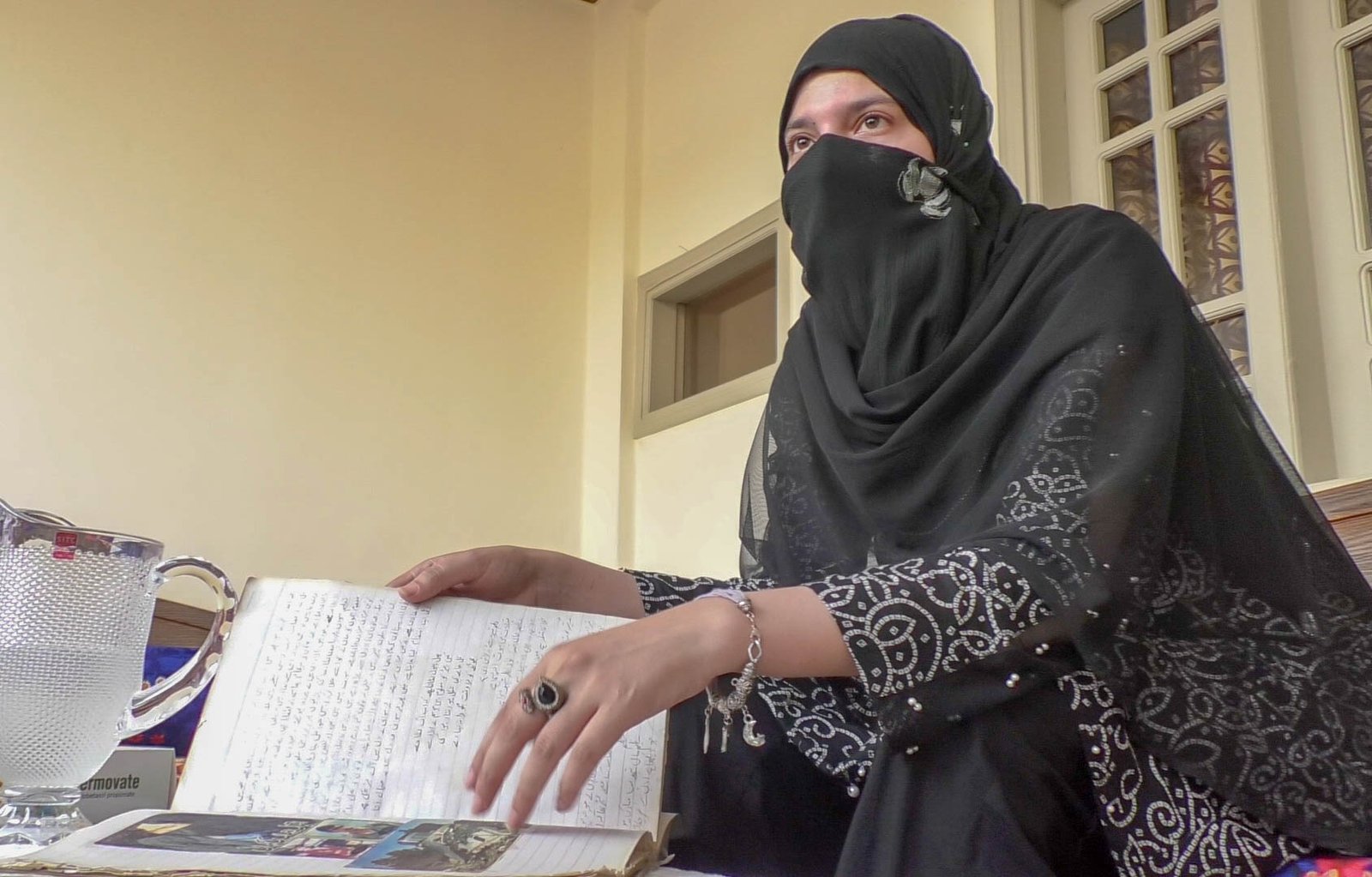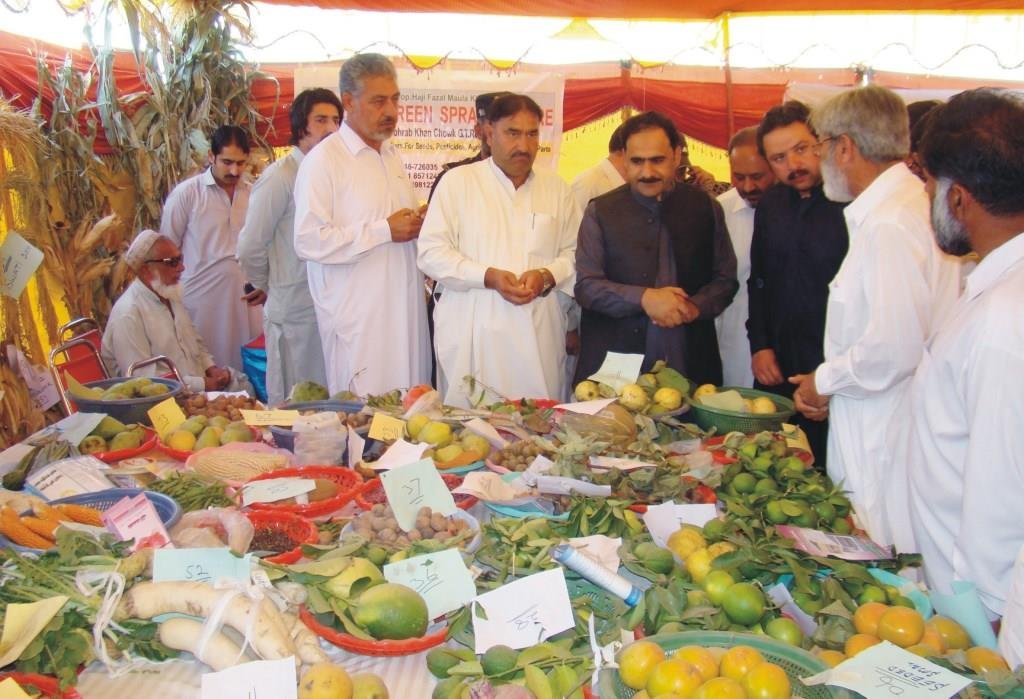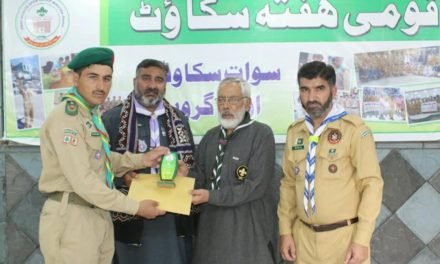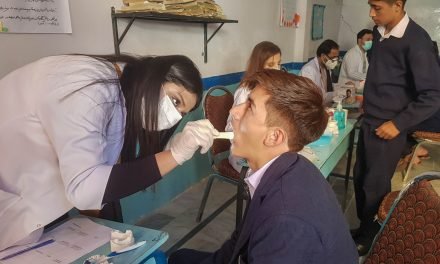ALPURAI: Transparency and people’s participation should be ensured in the budget-making process at the district level in Khyber Pakhtunkhwa.
This call was given by participants of a meeting organised by the Centre for Peace and Development Initiatives (CPDI) here in Alpuri on Wednesday.
In attendance were district officer (finance and planning), officials of district administration, district naib nazim, district councillors, tehsil nazims, village council chairman, representatives of civil society organisations, elders, political workers, journalists and education department officials, said a statement issued here.
Presenting a study of budget making process at district level in KP, carried out by CPDI at the meeting, Shamsul Hadi, the Provincial Coordinator, Centre for Peace and Development Initiatives (CPDI) said that the Budget making is one of the most essential key that a government or any of its department can utilize towards realizing the developmental goals, poverty reduction objectives and growth oriented plans of a country.
“In the UN convention this year that reflected upon progress achieved by various countries on Millennium Development Goals, and pushed for more rigorous Sustainable Development Goals, realized that a country’s progress on achievement of these goals is contingent upon its fiscal discipline, prioritizing of developmental needs according to the (scarce) resources, and efficient allocation and utilization of funds,” he said.
It was further stated that Pakistan, which is still in a nascent phase in its struggle towards fiscal and budget transparency, fortunately, has got a very active and vibrant civil society that keeps it pushing towards this desired goal.
“In Khyber Pakhtunkhwa, we currently have Local Government Act 2012 revived, according to which, the district level governments do not have dedicated finance departments and they rely on financial department of the provincial government to plan the budgets for upcoming years,” he shared.
However, now, as the Pakistan Tehreek-e-Insaaf led government has conducted its local body elections, its provincial government plans to revive the Local Government Act 2013, according to which, the respective districts will have their budget making powers reinstated but it could not be done.
The speakers said that the provincial finance department; working under an incremental rule (every year each department’s budget is increased by a certain percentage, without duly reflecting upon its needs) is responsible for budget preparation, coordination, examination, compilation, and release of funds, which is followed by a certain level of monitoring.
The present report reflects upon budget making process in three departments, namely, education, health, and agriculture in the targeted districts. It analysis the extent to which the respective districts follow the budget making rules, policies, and procedures, and highlights the reported gaps and negligence that needs to be addressed.
It was further added that the analysis of this report shows that the district offices of the targeted departments exhibit serious lacunas in terms of their capacity to understand, let alone handle and report budget documents.
“This is mainly because of low education and lack of training of the concerned staff members. The present report shows that except for submission of estimates of expenditures, none of the other budget making steps are diligently followed by the respective district officials,” the speaker added.
Following the practice of keeping and maintaining secrecy around budget document, despite it being very important policy and procedural requirement, public consultations on proposed budgets and expenditures are not held.
Finally, while the civil society shows its concern on these practices every now and then, there is no formal research and documentation process on their part that may put extra pressure on the respective authorities for correcting the errors.
The speakers demanded that KP Assembly should present budget in the month of April every year to ensure proper debate by the opposition members and treasury benches in the budget session.

